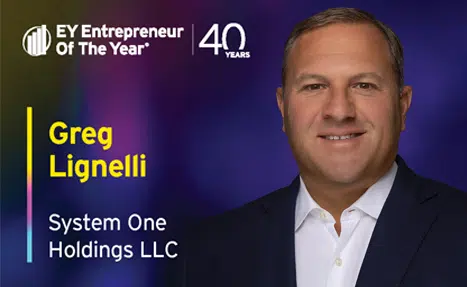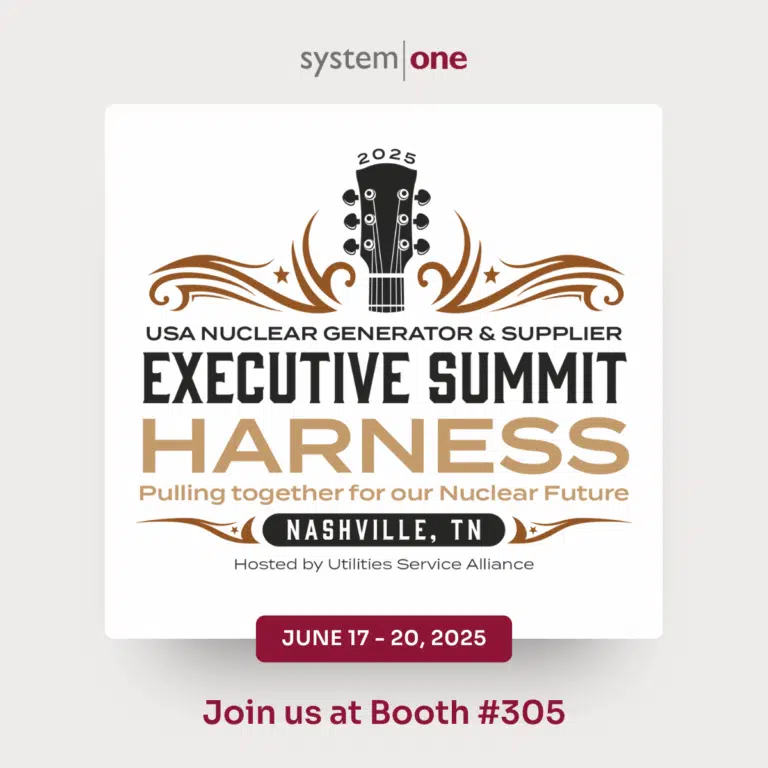5 Tips to Ace Your Next In-Person Interview

Interview Prep Has Never Been Easier
There’s a great quote attributed to both Oscar Wilde and Will Rogers: “You never get a second chance to make a first impression.” Interviewing can be incredibly nerve-wracking, especially when you badly need a job. That’s why it’s so important to keep cool, calm, and collected. The advice below will help you get there. Take it to heart.
Be prepared
 We’ve spoken with clients, and many of them hire for culture fit and soft skills first, as opposed to technical skills. Clients feel technical skills can be learned, while culture fit and soft skills are considerably harder to teach.
We’ve spoken with clients, and many of them hire for culture fit and soft skills first, as opposed to technical skills. Clients feel technical skills can be learned, while culture fit and soft skills are considerably harder to teach.
Soft skills refer to your interpersonal interactions. Do you communicate clearly? How do you handle yourself in stressful situations? Will you work well in a team? These are all soft skills, and can easily be assessed in an interview. That’s where preparation comes in.
You’ll have to talk about yourself, your career, and your accomplishments. So, come up with the highlight reel of you, and rehearse it. Depending on the person interviewing you, they may not have looked at your resume yet. As such, you may need to answer questions multiple times and go into a lot of detail. Know what’s on your resume, and be prepared to talk about it.
As for interview questions, there are definitely ‘typical’ questions that employers ask (the dreaded situational questions). It’s good to prepare answers to these – they are likely to be asked at some point, especially if you have multiple interviews with different folks. Here are examples:
- Tell me about a time when you faced a project scope change during execution. How did you communicate the change? Was the change implemented successfully?
- Provide an example of when you or your team made a project mistake. What happened? How did you handle it?
- How do you prioritize your responsibilities each day or week? Why?
- Explain a time when you needed assistance on a project.
- Describe a situation you’ve encountered with a difficult person. What was the issue? How was it resolved?
A System One recruiting leader agreed: “I always encourage candidates to be prepared for their interview, whether on the phone or in-person. It’s important that candidates relate their experience to the position, explain why they are interested in it, and what they will bring to the table.”
Do your homework, and ask questions
Prior to your interview, go to the company’s website and social media. Make sure you truly understand what the company does. Read up on their vision and mission statements. Research the company’s products and/or services. Read about their community involvement and philanthropic efforts.
Ginny Walz, Recruiting Director of System One’s Joulé division, also recommends checking out your interviewer’s LinkedIn profile so that you can learn about them, their career progression, and how long they’ve been at the company.
With this research, you’ll impress your interviewer by asking them specific questions about the company, the product, or service. It will be easier to demonstrate how your skills (and personality/culture) can help them achieve their goals. Ask these questions:
- I saw what you’re involved with X charity. How does their mission speak to you?
- You’ve been with the company for X years. What keeps you here? What are your favorite parts of working here? Can you tell me about your career progression?
- Why is this position open? Is it a new opening due to growth, or did someone leave?
- I love your flagship product. Have you thought about adding X feature?
It’s always refreshing to meet with a candidate who spent some time learning about the company. As much as they’re interviewing you, you’re interviewing them. And, by researching them thoroughly, you’re obtaining information that will help you confirm if the company is a good fit for you too.
Arrive early
 Being late is a deadly sin when it comes to interviews. With technology being so prevalent, it’s easier than ever to be punctual. Traffic information can be consumed in real time – so, carefully plan your route, and add an extra 20 minutes for good measure!
Being late is a deadly sin when it comes to interviews. With technology being so prevalent, it’s easier than ever to be punctual. Traffic information can be consumed in real time – so, carefully plan your route, and add an extra 20 minutes for good measure!
A senior recruiter from System One’s MOUNTAIN, LTD. team told us, “Being late can sabotage an interview and set a very negative tone.” She further states, “I see so many candidates not take this advice seriously. Being on time shows respect for your interviewer’s time. It’s hard to come back from being late, even if you’re the most qualified candidate.”
In cases where being a few minutes late is completely unavoidable, call your interviewer to notify them of this delay. Provide a reason, and an estimated arrival time. Be professional and accountable – and when you arrive, express sincere apologies and thank your interviewer for being so accommodating.
Dress appropriately
Does the old adage of ‘dressing for the job you want’ still apply?
Well, maybe.

In today’s flexible work environments, many companies have a relaxed dress code. Candidates now tend to dress informally for interviews. That’s not inherently a bad thing. However, it seems many have taken it too far: half of all hiring managers report that candidates wear inappropriate clothing to an interview.
On our end, we’ve seen it all: sweatpants, yoga pants, a Dora the Explorer backpack (!), and hoodies galore. Let’s put these in the ‘inappropriate’ pile.
We’re not necessarily saying you must acquire an expensive suit. We just think there’s a happy medium between ‘suit’ and ‘sweatpants,’ and that happy medium is a nice pair of slacks with a button-up shirt and jacket. Same applies for women – blouses, blazers, pencil skirts, and pants are always good choices.
If you’re interviewing for a leadership position, you may need to pony up for a suit. While it’s typical for entry-level and associate positions to be less formal, leadership positions still require professional attire.
In all cases, be conservative when wearing jewelry, and nix the perfume or cologne. Many people have allergies or sensitivities to strong scents, so err on the side of caution and leave odors behind.
Don’t overlook your facial expressions. 38% of job seekers forget to smile during an interview, which can be a deal breaker for hiring managers. Relax, and smile – it shows the interviewer you’re happy for the opportunity.
Here’s some additional guidance:
- Clothes should be comfortable, neat, and ironed. Avoid items that are too tight, worn out, or revealing.
- Wear simple, dark tones and avoid loud patterns.
- Brush your teeth before leaving for the interview. Don’t smoke on your way to the office.
- Sit up straight. Avoid exaggerated gestures.
- Speak with confidence. Don’t mumble.
Avoid distractions
During an interview, you should be focused on your interviewer. Candidates have lost opportunities because they were obviously distracted and disengaged. Your interviewer should have your undivided attention. You should be present and engaged, smiling, asking questions, and making conversation.
Today’s most obvious distraction comes from cellphones. Mute your phone. Don’t just put it on vibrate – completely silence it before your interview. You need to be fully focused, and it’s hard to do that when you feel (and sometimes hear) your phone buzzing.
Subconscious behaviors can also create disruptions, like watching the clock, not listening to the interviewer, or fidgeting too much. A great way to avoid these types of behaviors is to make eye contact during the interview. Eye contact conveys confidence, honesty, and preparedness. It also says you’re engaged, interested, and ready for this job. Surprisingly, studies show that as many as 68% of all job seekers fail to make eye contact during an interview.
Treat it like a first date
Interviews have been compared to first dates for a good reason. You’re essentially presenting the best version of yourself to a potential long-term relationship. So, put your best foot forward: be prepared, ask good questions, arrive early, wear proper attire, smile, and give them your full, undivided attention. Your positive demeanor and preparedness are bound to get you noticed.
Are you thinking it’s time to find your next challenge? Because we have plenty of those. Find yours here.
About System One
System One delivers specialized workforce solutions and integrated services. We help clients get work done more efficiently and economically, without compromising quality. For more than 40 years, we’ve built our reputation on exceptional talent, flexible delivery, and full accountability. System One’s national network spans energy, engineering, IT, commercial, scientific & clinical, legal, marketing, and beyond. System One is based in Pittsburgh, PA.
Looking for business solutions?
Explore System One

